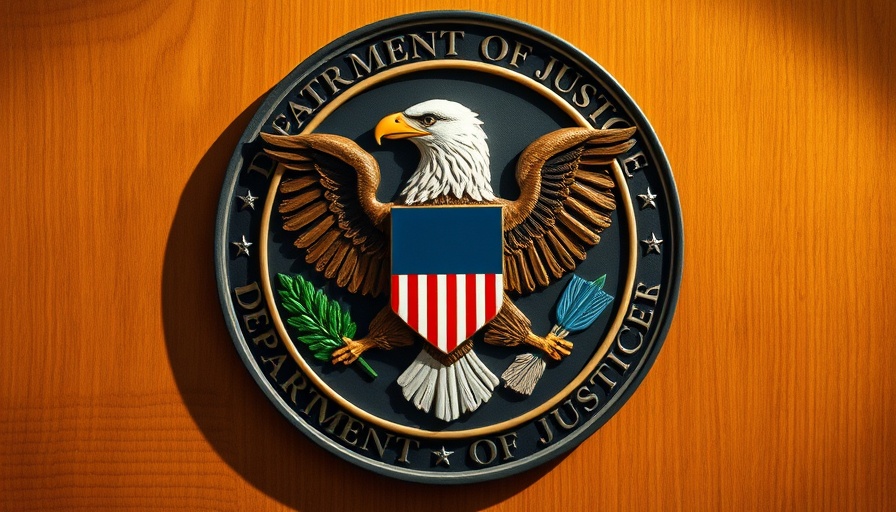
Significant Move in the Drug War: Mexico's Recent Actions
In a bold move reflecting Mexico's evolving stance on security, President Claudia Sheinbaum’s administration has expelled 26 high-ranking cartel figures to the United States. This decision marks a notable shift towards more aggressive cooperation in tackling drug trafficking, primarily driven by growing pressure from the Trump administration. The expelled individuals include notorious leaders involved in gruesome crimes, signaling a step-up in efforts to dismantle powerful drug syndicates.
The Broader Context of Drug Trafficking in the U.S.
This operation comes as part of a broader strategy to control the rampant flow of illegal drugs across the border into the United States. With the infamous Jalisco New Generation Cartel (CJNG) trafficking significant quantities of cocaine, methamphetamine, and fentanyl, the U.S. Department of Justice has intensified its focus on dismantling these organizations. The most notable among those expelled is Abigael González Valencia, a figure intimately linked with CJNG and its notorious leader, Nemesio Rubén “El Mencho” Oseguera Cervantes.
Strategic Repercussions: Mexico's Sovereignty vs. U.S. Pressure
While Sheinbaum’s government is keen to show its commitment to battling drug cartels, it is equally conscious of Mexico's sovereignty. The administration has made it clear that military intervention from the United States is unwelcome, maintaining a delicate balance between cooperation and national pride.
A Shift in Law Enforcement Dynamics
The recent expulsions, which were supported by an agreement that U.S. prosecutors would not seek the death penalty for those handed over, reveal a potential shift in how law enforcement collaborates internationally. Such diplomatic negotiations demonstrate a multifaceted approach to addressing drug-related crime while avoiding severe punitive measures that could complicate relationships.
Why This Matters for Local and National Communities
The expulsion of cartel leaders not only aims to diminish the drug trade and its associated violence but also carries implications for communities across the U.S. The availability of more potent drugs, like fentanyl, has surged, leading to alarming overdose rates. The continued focus on these organized crime groups is vital for public health and safety at both local and national levels.
As Boston locals reflect on the global impact of such agreements and the ongoing battle against drug trafficking, awareness of these issues grows. Being informed about these developments is crucial, fostering discussions that bridge local concerns with international strategies.
 Add Row
Add Row  Add
Add 




Write A Comment